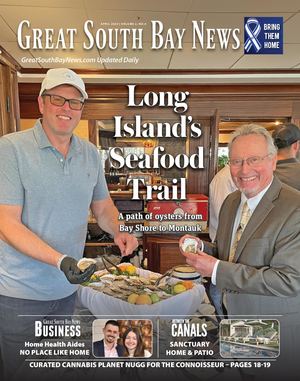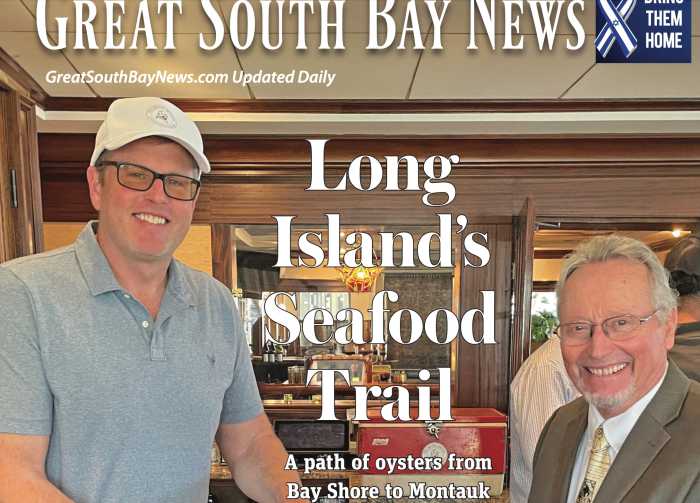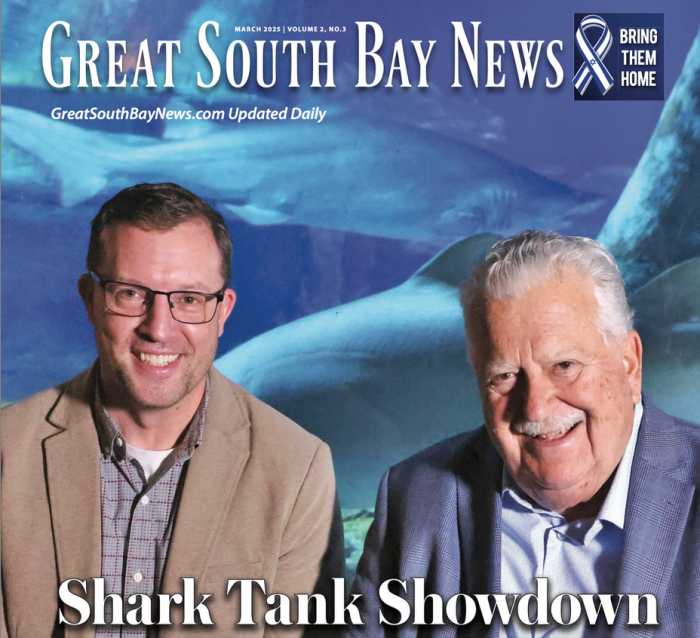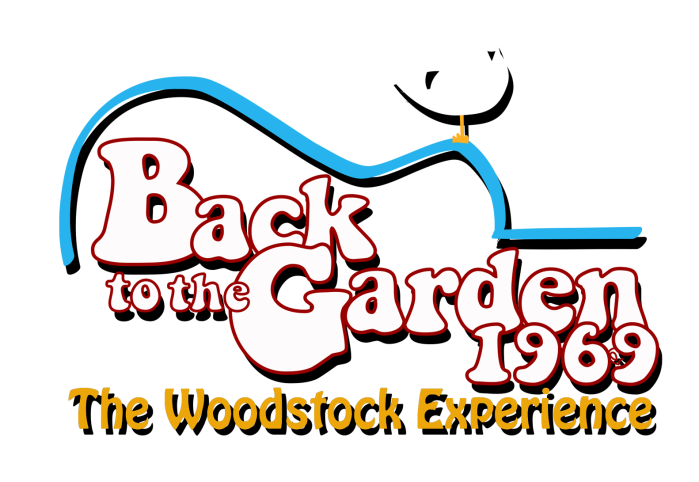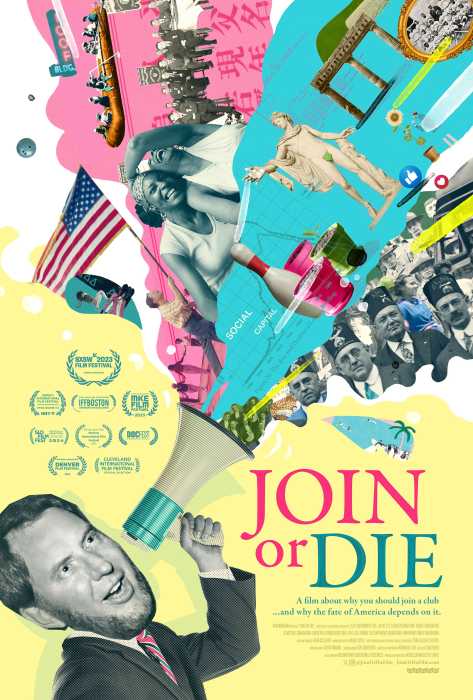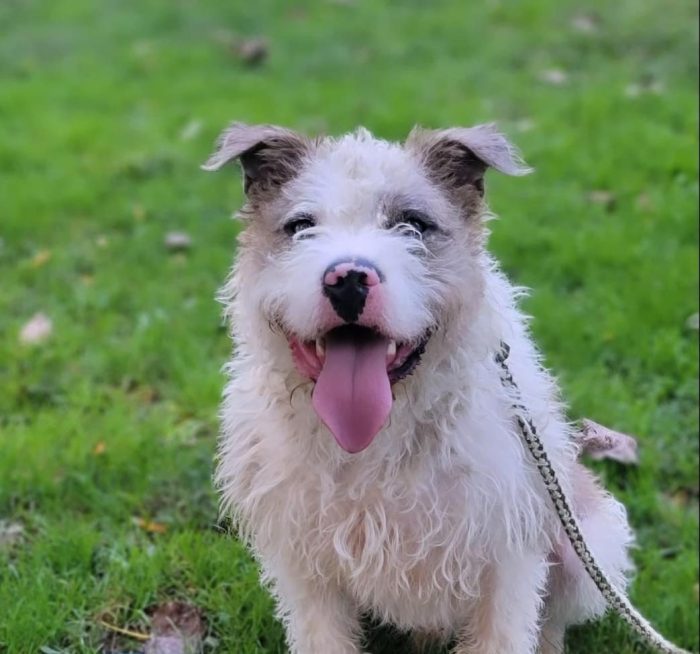Very few people came to my father’s funeral. Thinking about it makes me sad, but I wasn’t surprised. He was a complicated man, in both mental and physical pain, who for the last decade or two had lived and suffered basically alone, except for me. I was there suffering along with him, and I was also doing it mostly alone.
Or at least that’s what it felt like.
Yes, I had people: a wonderful husband who supported me, my mother and stepfather who had always included my father in family gatherings and occasionally offered rides to a doctor’s appointment. Still, he was my burden to carry, or again, at least that was how I felt, because struggling is lonely work.
Over the years, the narrative welded itself to me. I was the good daughter who quietly cared for her father. I kept my feelings on the inside and my smile firmly plastered on the outside in an attempt to reassure others that everything was fine.
But as I looked out on that surreal sunny day across the surrounding headstones and small group of gathered family, a few special faces stood out. My friends. The ones I had told it wasn’t necessary to come. The ones who had spent the day organizing food and coffee that would be waiting back at my house. I don’t think I could have ever understood how important it was that they were there for me because I didn’t understand it myself.
I was never actually alone. Whether I discussed it or not every day they bolstered me. They helped me forget, and they listened when I could do nothing but vent out my frustrations. They were there, and it made all the difference.
Study after study shows that friends play a significant role in our overall health. We suffer less depression and have lower blood pressure and body mass index. Having friends makes our brains, bodies, and hearts happier. Studies have also found that older adults with a good social life seem to live longer than peers with fewer connections.
Unfortunately, as my father’s challenges grew, his support group dwindled. A man who my grandmother once told me “had too many friends” now essentially had none. Instead of trying to hold on to his relationships, my father had chosen to let them go one by one, separating himself and his problems from the outside world until all that was left was a sad, cluttered apartment, a never-ending rotation of aides, and waiting for me to call.
In his mind, he had done his friends a favor while also preserving the memory of himself as young, strong, and beautiful – but that was a mistake. Because while we may struggle, suffer, and grieve alone, we also laugh, hug, and find compassion and strength together.
According to the National Poll on Healthy Aging about a third of seniors report being lonely, which directly impacts their well-being.
“There is robust evidence that social isolation and loneliness significantly increase risk for premature mortality, and the magnitude of the risk exceeds that of many leading health indicators,” says Julianne Holt-Lunstad, PhD, a professor of psychology and neuroscience at Brigham Young University.
People need people. We lift each other up and give each other the assuredness that someone cares. That feeling can be the sliver of sun on an otherwise dismal day.
This article originally appeared in The Well by Northwell Health. In this time of information overabundance, much of which is inaccurate, unhelpful, or even difficult to understand, Northwell is on a mission to make a difference as an honest, trusted, and caring partner. The Well connects with consumers to provide them with personalized content that reduces their stress, makes them laugh, and ultimately feel more confident and capable on their health care journey.
